T4K3.news
Abrego Garcia prosecution motion filed
Defense asks court to dismiss charges citing selective prosecution after deportation challenge.
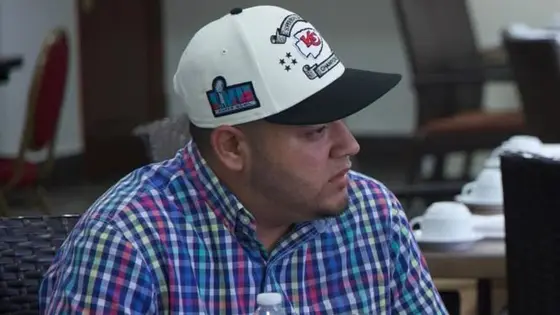
Attorneys for Kilmar Abrego Garcia ask a federal judge to dismiss his human smuggling charges, alleging the government targeted him for challenging deportation to El Salvador.
Abrego Garcia seeks dismissal over selective prosecution claim
A federal filing in Nashville asks Judge Waverly Crenshaw to throw out two counts of human smuggling against Kilmar Abrego Garcia. His lawyers say the Justice Department pursued the case as punishment for his challenge to a deportation that violated a court order. Abrego Garcia, a Maryland father of three, was deported in mid March after an earlier order blocked removal to El Salvador.
The defense notes a long delay between a 2022 traffic stop and the indictment dated May 21, 2025, and argues the government used that period to build a political narrative around his case. The filing points to statements by high level officials and cites ongoing efforts in a separate Maryland action to ensure Mr. Abrego can return to the United States if released. Trial is scheduled for January 2026 in Nashville.
Key Takeaways
"Mr. Abrego responded to the government’s shocking, illegal conduct by filing a lawsuit. Rather than fix its mistake and return Mr. Abrego to the United States, the government fought back at every level of the federal court system."
Defense describes the government’s actions as punitive for challenging deportation.
"The Indictment must be dismissed."
Direct claim for dismissal from the defense.
"Those motions are infrequently made and rarely succeed. But if there has ever been a case for dismissal on those grounds, this is that case."
Defense framing of rarity and strength of the motion.
"This case results from the government’s concerted effort to punish him for having the audacity to fight back, rather than accept a brutal injustice."
Defense characterization of government motive.
The filing centers on a core question in immigration and criminal law: when, if ever, should prosecutors be allowed to pursue charges as a means to punish or deter worthy legal challenges? If the court finds merit in selective or vindictive prosecution claims, the ruling could push prosecutors to demonstrate nonpolitical motives with greater care. The case also tests the balance between public safety, due process, and political accountability in high‑profile immigration enforcement. Crenshaw has previously declined to undo a release order, a reminder that judicial nerves are shared across jurisdictions as the Abrego Garcia family fights to restore a place in the United States. The outcome could influence how future defendants frame government conduct in immigration cases and how courts assess motive.
Highlights
- Fighting deportation should not become a crime
- Justice is not a weapon to silence resistance
- This case smells of punishment for speaking up
- If this is the standard every protester becomes a target
Political sensitivity risk in selective prosecution claim
The filing centers on government motive in immigration enforcement and could trigger political backlash and heightened public scrutiny of prosecutors.
The case may shape how courts review government actions in immigration disputes.
Enjoyed this? Let your friends know!
Related News
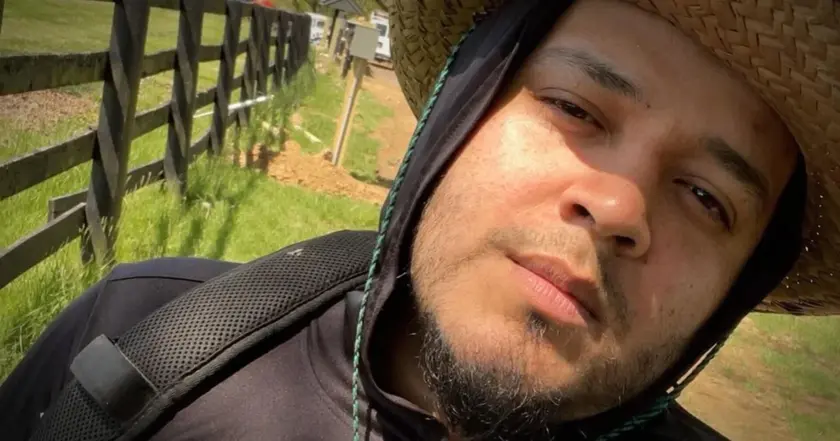
Kilmar Abrego Garcia asks for dismissal

Rep. Maxine Dexter to visit El Salvador for deportation advocacy

Cassie Ventura Posts on Instagram After Diddy Trial

P Diddy files for acquittal after prostitution charge conviction
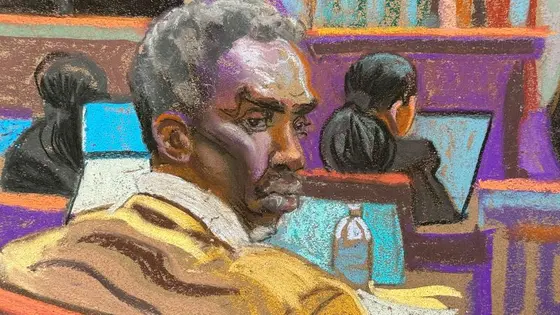
Sean Combs requests acquittal or new trial following conviction
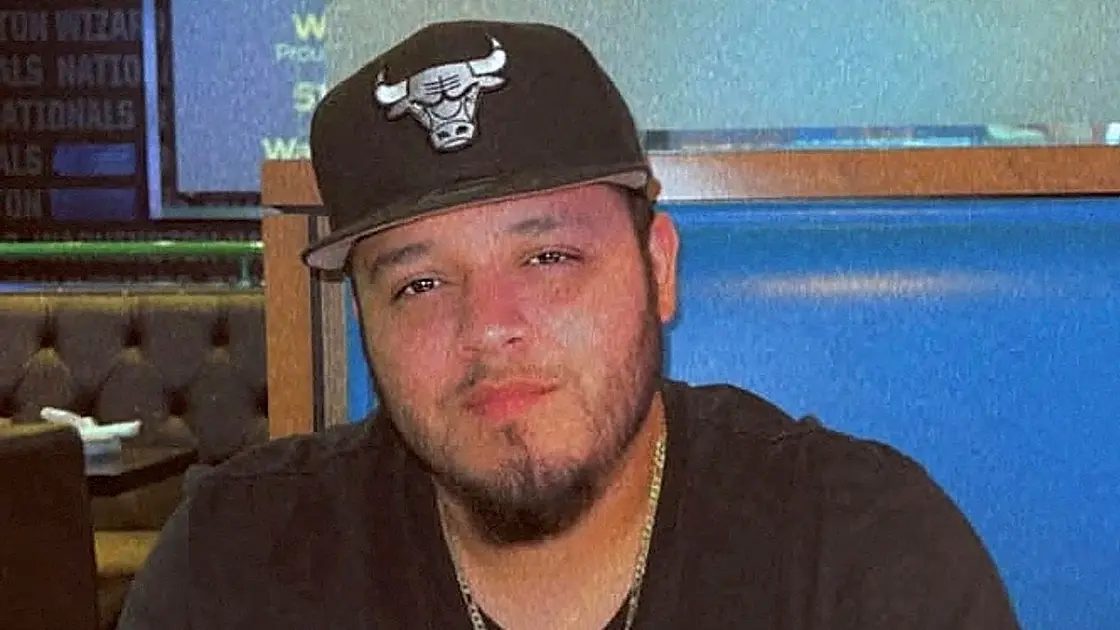
Judge blocks ICE from detaining Kilmar Abrego Garcia
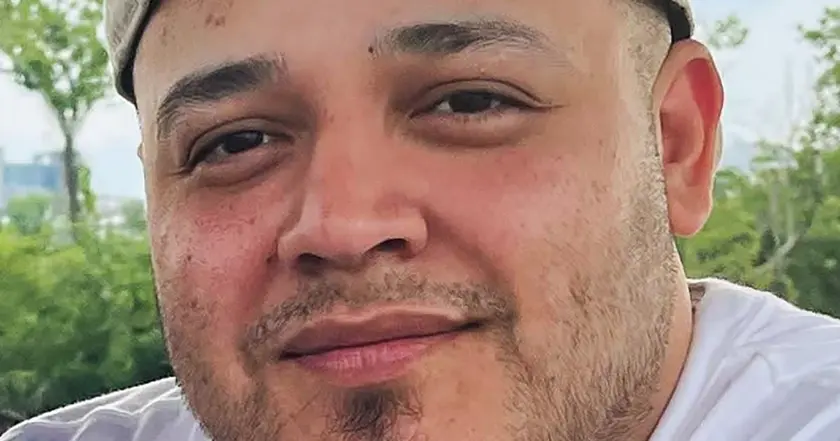
Judge pauses Kilmar Abrego Garcia’s release from custody

Criminal trial postponed as defendant contests attorney's authority
